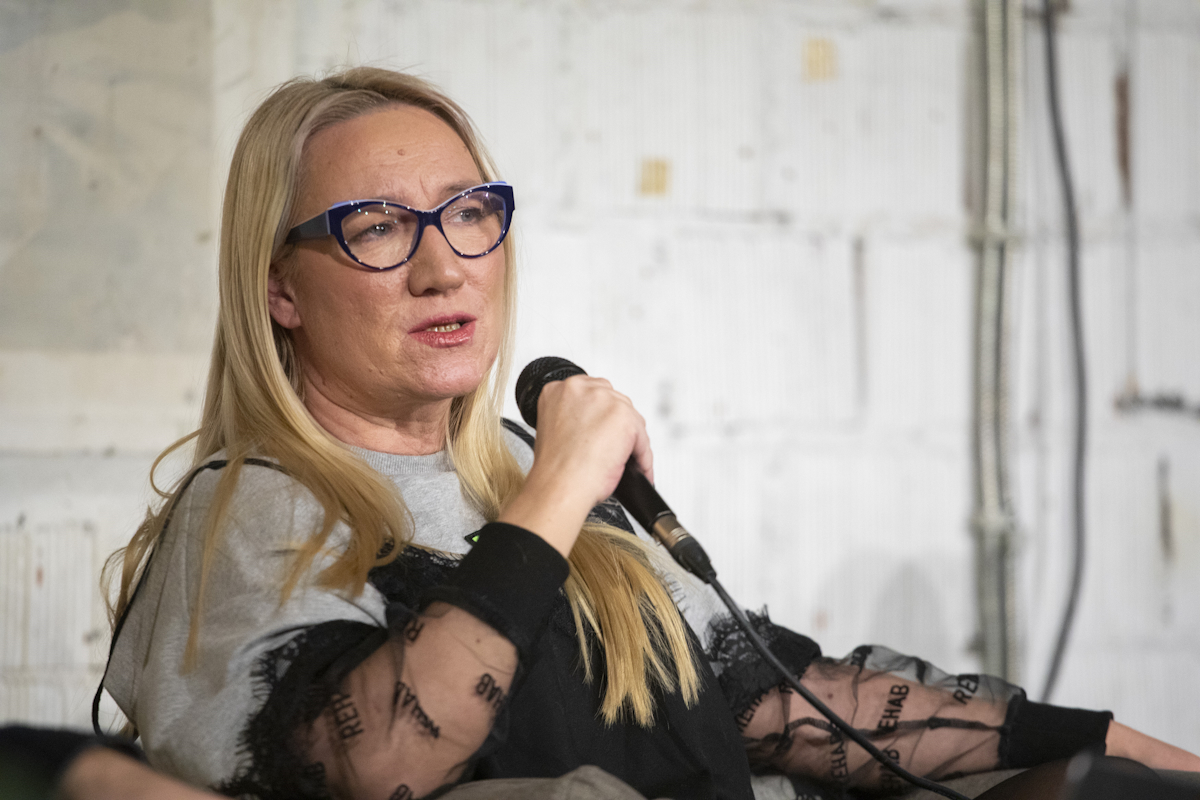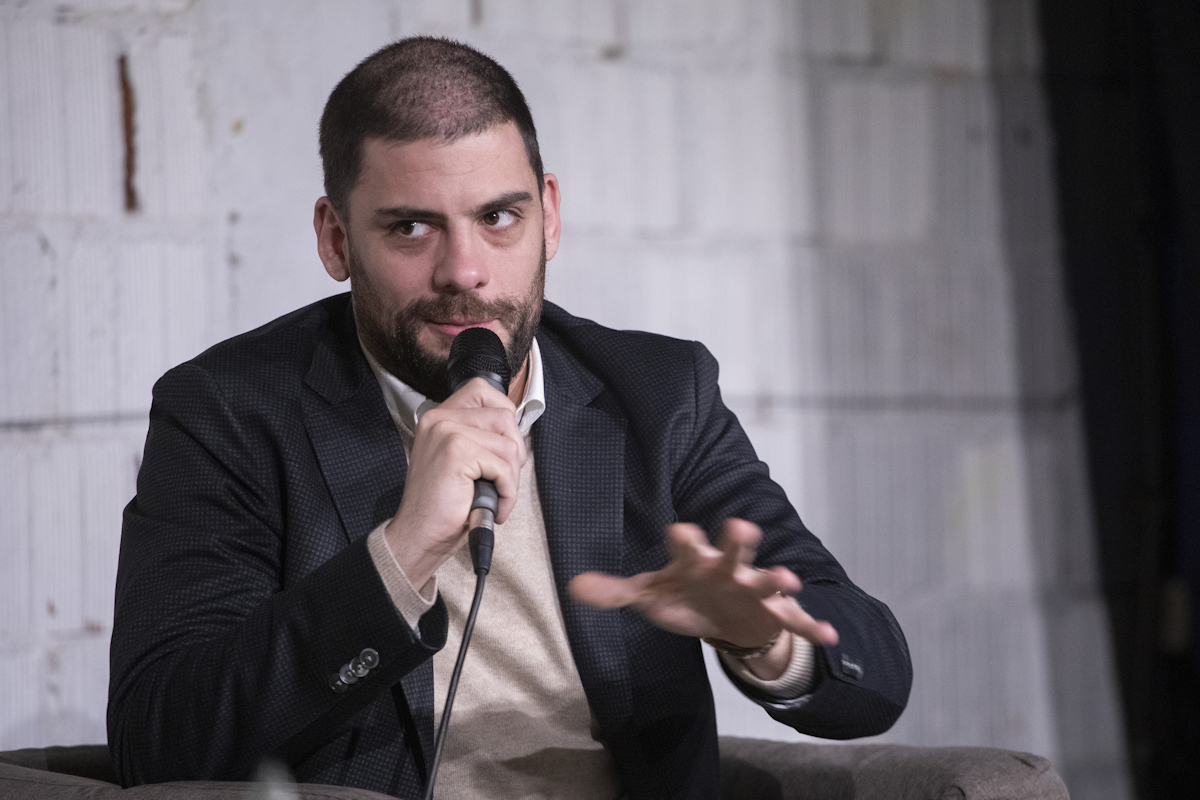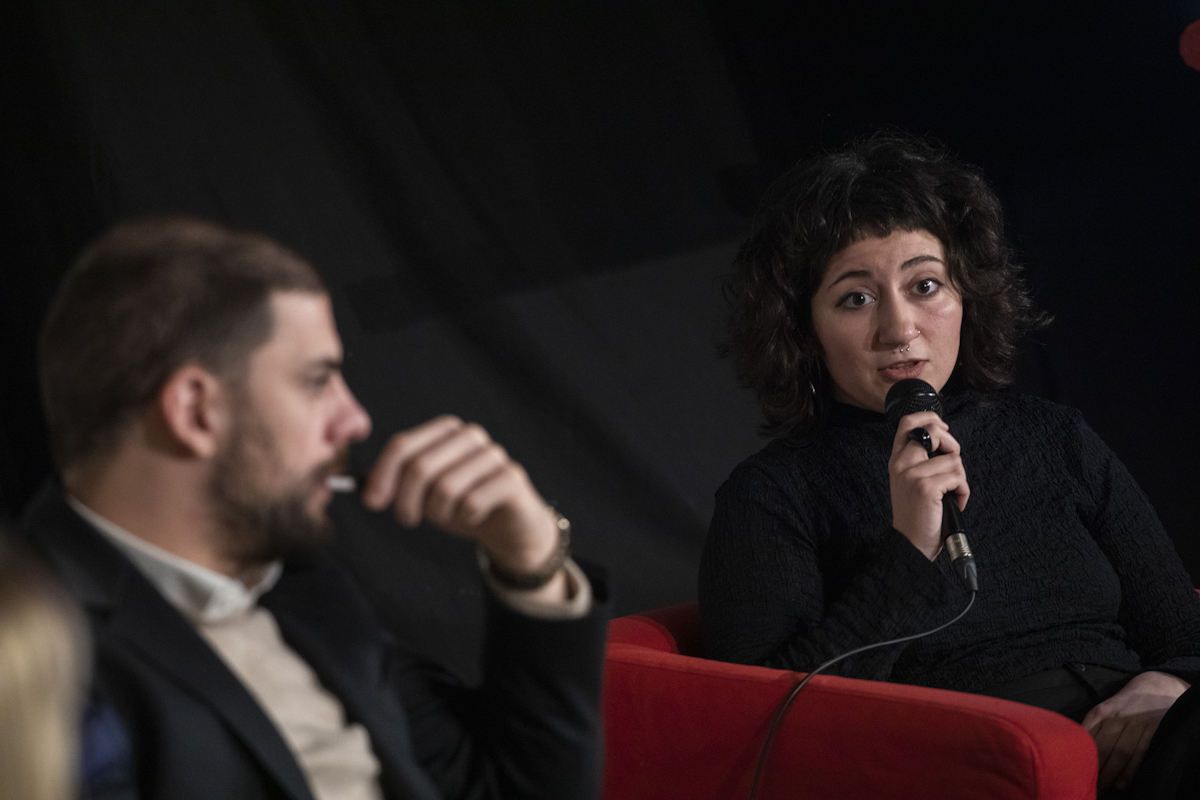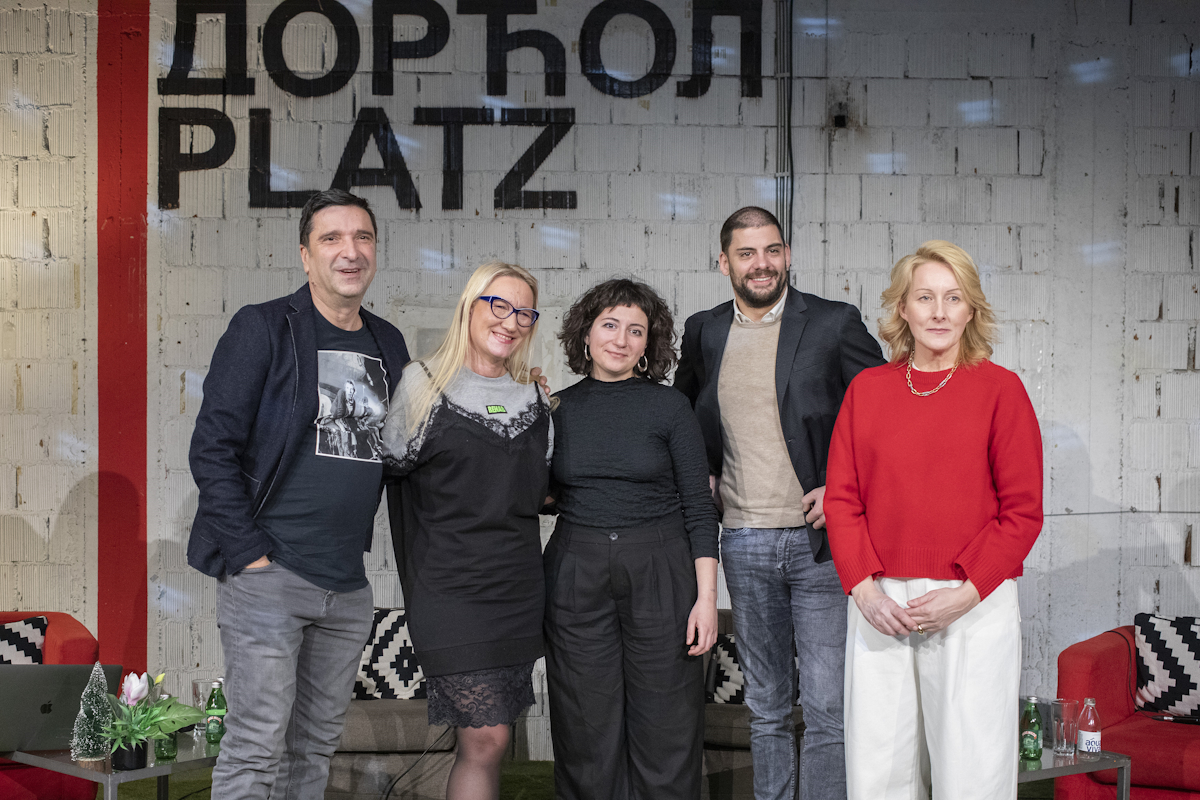Post-holiday depression is not a myth, it is real, and it is often provoked by the feelings repressed during the celebration days, concluded the participants of the panel discussion ‘A Cup of Coffee with a Psychologist’ which has been organized for five years already by the Hemofarm Foundation in partnership with the Faculty of Philosophy of the Belgrade University and Dorćol Platz Art Komuna.
Psychologist and psychotherapist Ana Vlajković pointed out, in front of a packed room at Dorćol Platz, that the third week of January can remind people that they entered the New Year with too many expectations, and that instead of high expectations, they will be greeted by a minus in their wallet caused after the celebration or by excess weight.

Ana Vlajković, psychologist and psychotherapist
’Research shows that during the holiday period, the number of admissions to psychiatric emergency services is much lower and that fewer people seek psychotherapeutic help. However, when those two weeks pass, there is a sharp jump in both the number of admissions and the number of people seeking psychotherapy. It can be that emotions are masked for two weeks and then that noise and music come back to us like a boomerang’ she said, adding that the good news is that post-holiday depression, although it can be intense, does not last long - up to two weeks.
’When we notice that this condition lasts for more than two weeks, that nothing motivates us to leave the house anymore and we don't want contact with other people, it means that something more serious has started and that the holidays were just a trigger that activated the feelings which were already there’ Vlajković pointed out and added that then you should seek professional help.
Actor Milan Marić pointed out that seeking professional help is the best thing that someone can afford and that it has become a feature of a good standard of living that embodies an improved and open attitude towards oneself.

Milan Marić, actor
’Whatever you may call it now, global phenomena, the most depressing Monday or the post-holiday depression, I think it's rooted in the way we live. If we were to start investigating there, I think we would have found the cause of these phenomena quicker’ said Marić.
He stated that he had the impression that society was dealing mostly only with the consequences of poor mental health and that there was some reluctance for the individual to discover what was the cause of it, which is not just a single one, but a combination of character and a global cause that affects everyone, and causes a feeling of discomfort.
’I think that the times are good because we talk about mental health and it is no longer a taboo, but it is also the time to start examining the way we talk about mental health and what are the practical steps’ concluded Marić.
Coordinator of sellers of the LiceUlice magazine, psychologist Iva Petrović said that people were not more depressed only after the holidays, but also that there were entire categories more at risk than others, and more exposed to global and social problems.

Iva Petrović, psychologist and coordinator of sellers of the LiceUlice magazine
‘Last year was very challenging and tragic in terms of events, and I think that the struggle was felt collectively, especially in that pre-holiday and post-holiday summarizing of the year. I think we all stopped a little and looked at what was happening to us on a personal and collective level, where we are now, and that we settled the accounts" Petrović said. She added that one could not passively expect that the New Year would bring new things and that post-holiday depression was most often caused by the fact that people face the same problems in the New Year.
‘There is the biggest problem of demotivation, apathy and that feeling of having no meaning and that things cannot turn for better’ Petrović said.

Dragan Ilić, psychologist and journalist, Ana Vlajković, psychologist and psychotherapist, Iva Petrović, psychologist and coordinator of sellers of the LiceUlice magazine, Milan Marić, actor, Suzana Djordjević, director of Hemofarm Foundation
The panel discussions ‘A Cup of Coffee with a Psychologist’ are organized by the Hemofarm Foundation in partnership with the Faculty of Philosophy of the Belgrade University and the Dorćol Platz Art Commune and are part of the ‘Unbreakable’ campaign for fighting against depression and stigma. If you or someone you know is having difficulties or is in a crisis, professional help and support is available through the SOS line ‘Unbreakable’ and the number 0800 001 002. Psychologists and psychiatrists of the Special Hospitals for Psychiatric Diseases in Vršac, Gornja Toponica and Kovin are there to listen and encourage you. Help is free of charge, anonymous and available 24/7.